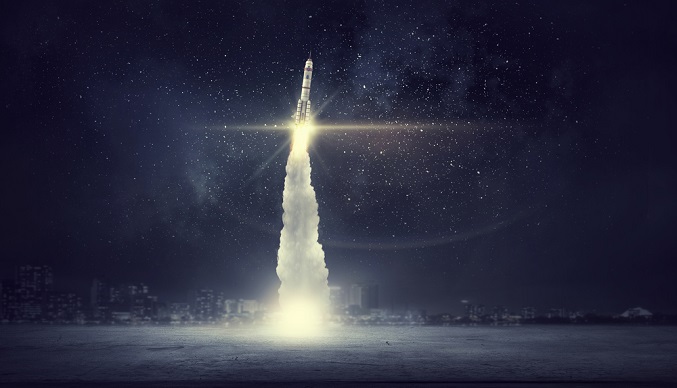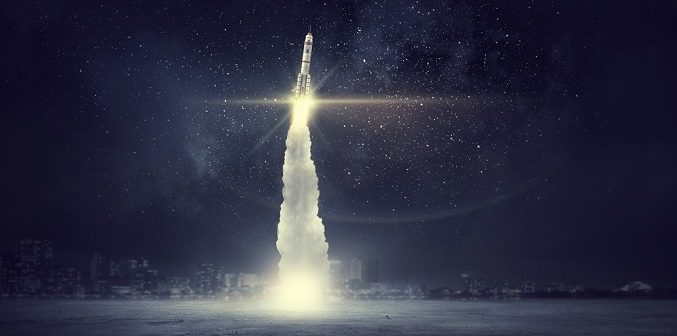
Written by staff writer.
Boeing has axed its late-April Starliner capsule launch plans from Cape Canaveral. What was to be the capsule’s first human-crewed mission is now slated to occur mid-year.
On Twitter on Friday, March 24 (US time), NASA’s Associate Administrator of the Space Operations Mission Directorate, Kathy Lueders, said, “we’ve adjusted the Space Station schedule, including the launch date for our Boeing Crew Flight Test (CFT) as teams assess readiness and complete verification work.”
Boeing promises to boost US sovereign crew launch capabilities with its CST-100 Starliner commercial spacecraft, developed under a USD4.3 billion contract with NASA’s Commercial Crew Program. But so far, the US aerospace giant has remained comprehensively outpaced and outgunned by SpaceX. That entity has a similar contract with NASA and has sent six crewed missions to the International Space Station (ISS) using its Dragon capsule, whereas so far, Boeing has sent one uncrewed mission to the ISS (in May 2022).
That mission, named Orbital Test Flight-2 (OBT-2), experienced several issues, including the failure of a thruster used for orbital maneuvering. Nonetheless, the ten-day mission was considered a success, with the Starliner docking at the ISS.
Over the weekend, Reuters reported sources saying that last-minute tests and technical discussions are the reasons for the delayed Starliner launch. Steve Stich, head of NASA’s Commercial Crew Program, said the spacecraft certification program had taken “a little longer than we expected.”
In April, the Starliner capsule was to ride into space on a United Launch Alliance Atlas V rocket with two astronauts on board for a two-week stay on the ISS. The successful crewed test flight would likely lead to NASA approving Starliner as another commercial spacecraft to service the ISS, offering an alternative to SpaceX. However, rescheduling the launch over the Northern Hemisphere 2023 summer reportedly comes with some challenges as multiple other launches are booked at NASA’s Kennedy Space Center at Cape Canaveral.
Close-to-launch issues with Starlink causing the delay include Boeing running additional tests on Starlink’s manual flight system in case the capsule’s automated flight software fails. Ongoing discussions about the risk of the spacecraft’s lithium-ion batteries overheating are also underway. That risk is considered minimal, but NASA reportedly takes a more conservative position than Boeing. Nonetheless, a battery redesign is under consideration, as is added shielding in the event of an inflight overheating incident.
Lueders did add that the rescheduled Starliner launch would occur after Axiom Space sends up its Axiom Mission 2 spacecraft(AX-2) in early May. That launch (in a SpaceX Dragon capsule atop a Falcon 9 rocket) will entail four astronauts spending 12 days in space.
“We’ll plan a media update after we have the space station schedule set. As always, we will fly when we are ready,” said Lueders.
NASA has ISS supply and crew missions booked with SpaceX and Boeing over the remainder of the decade. SpaceX recently picked up bookings for an additional seven flights, while Boeing has six crewed flights booked before 2030.





